1,2-Dibromo-3-chloropropane (DBCP)
Gainesville
1,2-Dibromo-3-chloropropane is a pesticide fumigant banned in the 1970s after scientists discovered it caused sterility in men who worked with it. The chemical causes cancer in laboratory animals and may cause cancer in people. Read More.
This pesticide breaks down very slowly in the environment. It remains in groundwater and drinking water wells in the agricultural areas where it was sprayed in the past. Men exposed to this pesticide in the fields suffered from infertility and testicular damage, and tended to have fewer male babies.
Samples
Samples exceeding legal limit (MCL)
Samples exceeding
health guidelines
Testing results - average by year
| Year | Average result | Samples taken | Detections | Range of results |
|---|---|---|---|---|
| 2014 | ND | 2 | 0 | ND |
| 2015 | ND | 2 | 0 | ND |
| 2016 | ND | 2 | 0 | ND |
| 2017 | ND | 2 | 0 | ND |
| 2018 | ND | 2 | 0 | ND |
| 2019 | ND | 4 | 0 | ND |
ppb = parts per billion
State and national drinking water standards and health guidelines
EWG Health Guideline 0.0017 ppb
The EWG Health Guideline of 0.0017 ppb for 1,2-dibromo-3-chloropropane was defined by the California Office of Environmental Health Hazard Assessment as a public health goal, the level of a drinking water contaminant that does not pose a significant health risk. This health guideline protects against cancer.
EPA Maximum Contaminant
Level (MCL) 0.2 ppb
The legal limit for 1,2-dibromo-3-chloropropane, established in 1991, was based on analytical detection limits at the time that the standard was set. This limit does not fully protect against the risk of cancer due to 1,2-dibromo-3-chloropropane exposure.
ppb = parts per billion
All test results
| Date | Lab ID | Result |
|---|---|---|
| 2014-03-18 | AI36418 | ND |
| 2014-03-18 | AI36419 | ND |
| 2015-03-03 | AI66010 | ND |
| 2015-03-03 | AI66011 | ND |
| 2016-03-15 | AJ08273 | ND |
| 2016-03-15 | AJ08274 | ND |
| 2017-05-23 | AJ56042 | ND |
| 2017-05-23 | AJ56043 | ND |
| 2018-03-27 | AJ86534 | ND |
| 2018-03-27 | AJ86535 | ND |
| 2019-04-23 | AK15728 | ND |
| 2019-04-23 | AK15729 | ND |
| 2019-10-15 | AK35163 | ND |
| 2019-10-15 | AK35165 | ND |
